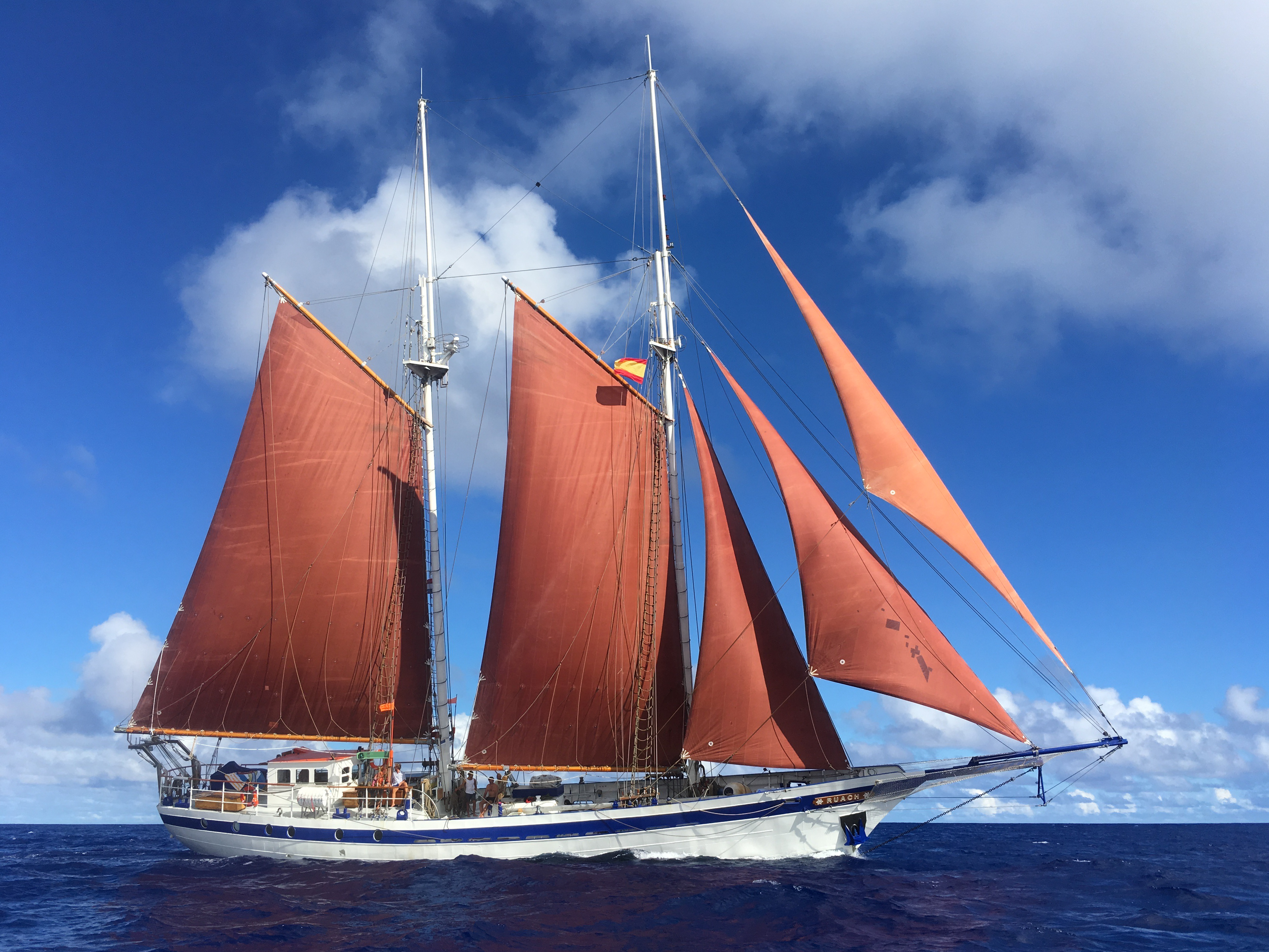
The city of Newcastle will welcome a new medical outreach vessel at the start of 2017. The 37 meter s/y Ruach of YWAM Ships Newcastle is currently sailing from Europe to Australia in preparation to deploy to Papua New Guinea. It has been at sea since late September when it left the Netherlands to begin its 14000 nautical mile journey towards Newcastle.
The vessel recently passed Lord Howe Island and is expected to arrive at the end of this week. After minor modifications are completed, the double masted schooner will sail north to deliver medical services to the remote and isolated villages of Papua New Guinea.
Papua New Guinea has the worst health status in the Pacific region, with five women dying during childbirth every day.
In addition, someone dies from tuberculosis every two hours, 94 percent live in malaria-affected areas and 1 in 13 children die before the age of five.
David Stephenson, managing director for YWAM Ships Newcastle, said the vessel is critical for bringing medical care to the people of Papua New Guinea.
“A ship isn’t the best option – it’s the only option for reaching these isolated islands,” Stephenson said. “What an opportunity we have to partner with our nearest neighbours in PNG to deliver basic health care services.”
The government of PNG has partnered with the non-profit YWAM Ships for the last six years as part of their national strategy in reaching its rural and remote citizens around the country with medical care.
The Ruach will join the existing fleet of medical outreach vessels operating in Papua New Guinea with YWAM Ships. It aims to deploy in mid-2017 to deliver primary health care, optometry, dentistry, vaccinations, and medical supplies.
In October 2014, the YWAM Ships m/v Ammari docked at Queen’s wharf for three weeks in Newcastle to raise awareness and funds. After a successful campaign, the vessel was acquired and re-named the YWAM PNG.
The addition of the Ruach will further increase capacity within current operations to overcome isolation and infrastructure challenges in remote communities.